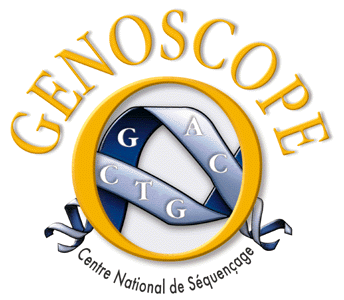
The ChIP-seq and BigData workshops

125 heures / 12 ECTS
ChIP-seq workshop
(1 week)
The ChIP-seq is a molecular biology technique that allows the genome-wide study of DNA / protein interactions. It combines the immunoprecipitation of a protein of interest with the high-throughput sequencing of co-precipitated DNA fragments.
This is a practical hands-on workshop. Each pair of attendees will do a chromatin immuno-precipitation:
-
Crosslink of the material
-
Extraction and fragmentation of the chromatin
-
Check the sheared chromatin on gel
-
Immunoprecipitation (of histone post-translational modifications or RNA polymerase)
-
Purify immunoprecipitated DNA
-
Validate ChIP enrichment by qPCR
Illumina sequencing of the immunoprecipitated DNA
-
Sequencing banks will be prepared using IPed DNA with proper enrichment and yields.
Illumina sequencing
(1 day)
Big Data workshop
(3 weeks)
The Big Data workshop is dedicated to biology and medicine students who wants to acquire skills in NGS data manipulation, treatment and statical analysis.
This training is for beginners, no previous training in computer required.
In addition to this, you will need to know more about it.
Through this workshop, students will gain the basics of manipulation, processing, and statistical testing to independently analyze high-throughput sequencing data.
In addition to this, you will need to know more about it.
During this course, students will be able to:
Describe the experimental techniques to achieve ChIP-seq experiments
Manipulate high-throughput sequencing files. Choose, set parameters for, and execute software packages for data analysis. Perform sequence alignments, filtering, normalization and quality control.
Master the different steps of the differential analysis of RNA-Seq data to sort out differentially expressed genes.
ChIp-Seq data and perform peak-calling analysis
Computerize and concatenate bioinformatics tools to create workflows
Choose the apropriate statiscal model and the R package to analyze and correlate the data sets, according to their structure
Execute clustering of the data (hierarchical clustering, PCA ...)
Analyze and interpret the experimental results, formulate conclusions or hypotheses from these data. Discuss biases, limitations and errors
Choose the appropriate graphs, and draw figures to visualize high-throughput data
ChIP-seq results will be analyzed during the BigData workshop





